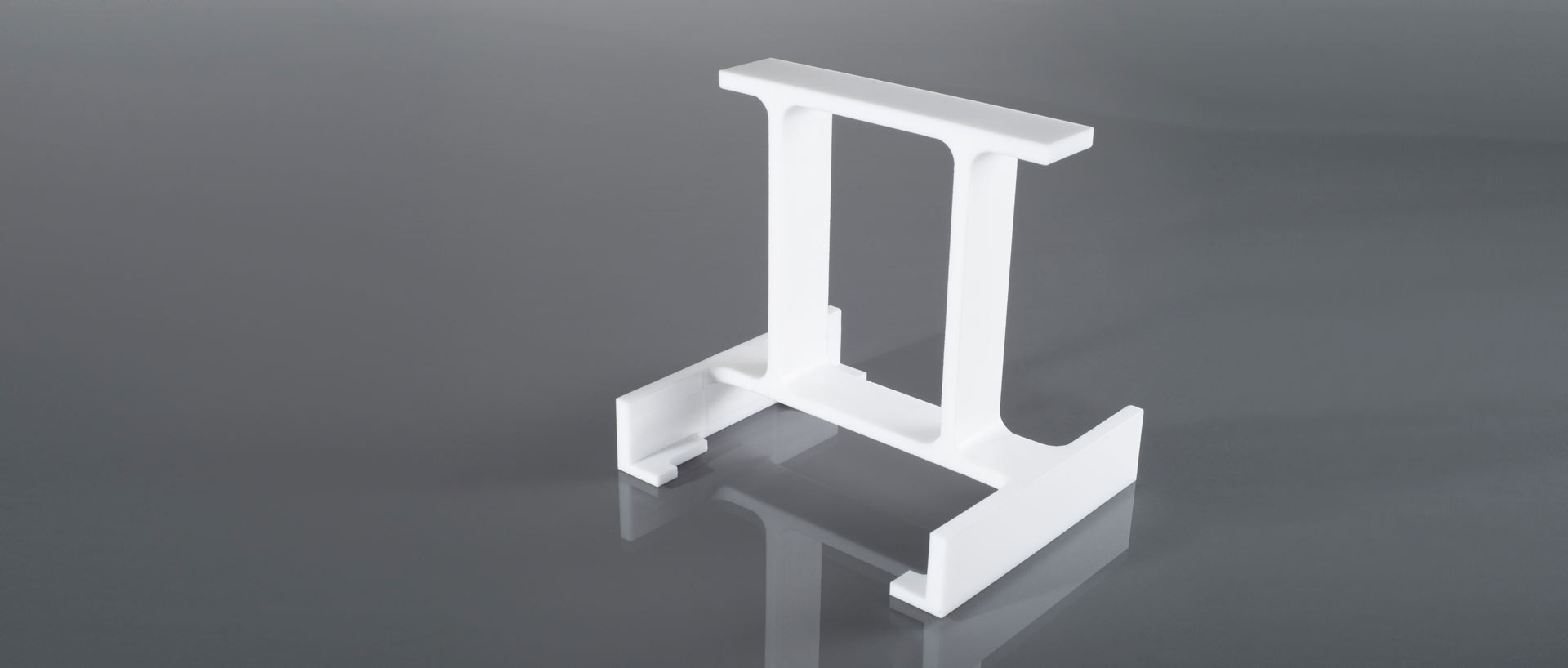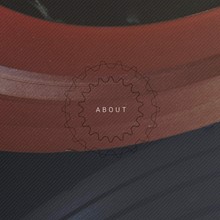When creating parts for equipment with high pressure applications, using the right material is vital. But, of course, the cost considerations are also an important part of the decision-making process, which means you have to find a compromise between budget and performance.
What are companies looking for?
The material you select must address all the pain points the product is there to solve. They must be strong and durable enough to be able to cope with the extremely demanding conditions they’ll encounter and last for a long period of time; they must be well made so they can do the job they’re designed for efficiently and effectively; they must adhere to industry regulations so you can protect your business; and, of course, they must be cost effective.
An additional criteria that companies are increasingly thinking about when it comes to material selection is sustainability. With increasing consumer interest in how their buying decisions affect the environment, there’s a greater need for companies to show their sustainability credentials and use suppliers with strong corporate responsibility policies and practices.

Things to take into consideration when choosing material selection
- Pressure range
- Temperature range
- Tensile strength
- Impact resistance
- Corrosion resistance
- Fatigue resistance
- Chemical compatibility
- Safety
- Regulations
Pressure and temperature ranges
Some materials must be able to perform well under extreme pressure, in extreme temperatures, and maintain structural integrity for many years. When selecting the right material, you also need to consider the potential for it to expand or warp under extreme heat or pressure which will adversely affect the part’s performance.
If your parts are needed for use in areas that aren’t easy to reach - such as in undersea equipment, or for equipment that’s located in very remote areas, this is a vital consideration as the cost of replacing even a small part could be astronomical.
Corrosion resistance
Many parts are subjected to corrosive materials such as chemicals and seawater. The materials they’re made from must therefore be able to withstand repeated exposure to liquids and gases that have the potential to corrode or degrade them, so the selection of the best material for the job is a vital part of the process.
Fatigue resistance
Parts must be able to withstand the repetitive stresses they will be placed under every day. The longevity and durability of a part is a big consideration when it comes to material selection as the better it can withstand the pressures, the longer it will last fully intact, allowing your machinery to operate at maximum efficiency for as long as possible.
Regulatory standards
It is absolutely essential that the material you select complies with your industry’s regulations and safety standards so you know it’s fit for purpose and won’t be hazardous.
Costs, performance and ROI
When selecting the right material, the cost is undoubtedly a big factor. But, like with most things in life, it’s a good idea to think of the lifetime costs before you decide whether or not the best material is too expensive. A cheaper material may appear to be a good compromise, but when it comes to its performance, saving money now may turn out to be a false economy. With a material that performs less well than the ideal, there could be hidden costs in terms of fuel efficiencies and the need for more frequent maintenance. A less suitable material will be at greater risk of damage or failure, resulting in the costs of reaper as well as the interruption to production while repairs take place. All of which could end up costing your company more in the long run than paying for a more expensive, but better suited, material now.
How AFT Fluorotec will help you optimise material section
We have over 25 years’ experience designing and manufacturing precision parts for high pressure applications. Material selection is one of the most important parts of the manufacturing process which is why you need to outsource the job to the experts. We have many years’ experience with matching engineering plastics such as PTFE and PEEK to the specific requirements of our clients.
If the ideal material doesn’t exist in a standard formula, we will develop one that is, so you get the strongest, most suitable material for the job.
We will design and manufacture your parts to be a perfect fit thanks to our precision CNC milling services. We are extremely flexible and are happy to manufacture the quantities you need, no matter how big or small. With no minimum order numbers, we can help you develop new parts one prototype at a time. In fact, clients often ask us to do small batch runs, sometimes at short notice. We can also turn things around within days, which means you only need to buy what you need when you need it, helping you to reduce waste.
Sustainability
We take our corporate responsibility very seriously and are working hard to reduce our carbon footprint as much as practicable. Our biggest sustainability project so far has been the installation of solar panels at our headquarters which means, on a good day, we can generate more clean energy than we use.
Our other initiatives include using water-based coatings, introducing recyclable batteries across the business, and reusing cardboard as packing material. As a result of our collective efforts, we are ISO 14001 certified.
If you are looking for ways of reducing your own carbon footprint and are looking for a supplier with sustainability credentials, you can rest assured we are committed to continually finding ways of reducing our effect on the environment.



